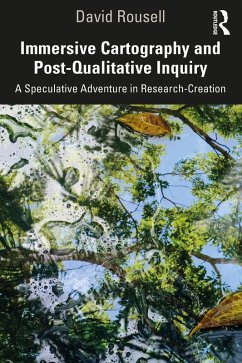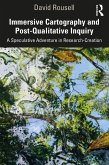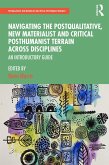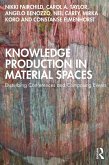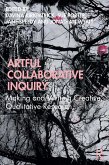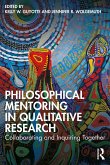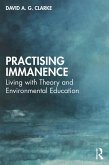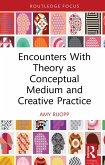Drawing together innovative theories and practices from the environmental arts, process philosophy, education studies, and posthumanism, the book frames immersive cartography as a speculative adventure that gradually transformed the physical and conceptual architectures of a university environment. The philosophical works of Alfred North Whitehead, Gilles Deleuze, and Felix Guattari are touchstones throughout the book, seeding the development of concepts that re-imagine the university through a more-than-human ecology of experience. Illustrated by detailed examples from Rousell's artistic interventions and pedagogical experiments in university learning environments, the book offers new conceptual and practical tools for navigating the ontological turn across the social sciences, arts, and humanities.
Rousell's wide-ranging and detailed analysis of pedagogical encounters resituates learning as an affective and environmentally distributed process, proposing a "trans-qualitative" ethics and aesthetics of inquiry that is orientated toward processual relations and events. As a foothold for a new generation of scholarship in the social sciences, this book opens new directions for research across the fields of post-qualitative inquiry, art and aesthetics, critical university studies, affect theory, and the posthumanities.
Dieser Download kann aus rechtlichen Gründen nur mit Rechnungsadresse in A, B, BG, CY, CZ, D, DK, EW, E, FIN, F, GR, HR, H, IRL, I, LT, L, LR, M, NL, PL, P, R, S, SLO, SK ausgeliefert werden.
"David Rousell's book articulates an exciting new direction for research across the arts, education and critical posthumanities. This is a groundbreaking book which offers a unique vision of what scholarship and pedagogy in the posthuman university might look like. Drawing on process philosophy, Rousell radically opens questions of art, learning, and the multiplicity of creativities that animate life within an expanded field of more-than-human relations, affects, and concerns. An excellent resource for undergraduates, graduate students, researchers, educators and scholars working in and across the fields of arts, education, critical posthumanities and postqualitative methodology". - Professor Pamela Burnard, Faculty of Education, University of Cambridge, UK

